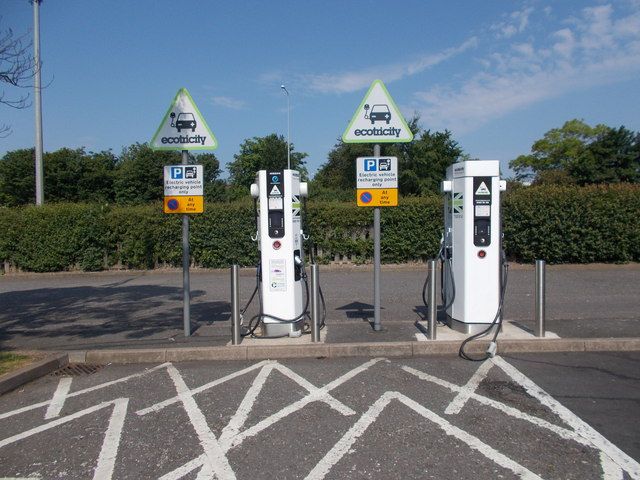Which UK cities are least prepared for the electric vehicle revolution?
New research revealed by Tonik Energy has identified the UK cities that are least and most prepared for the expansion of electric vehicles.

New research revealed by Tonik Energy has identified the UK cities that are least and most prepared for the expansion of electric vehicles.
The figures compared the number of full driving licence holders in each UK postcode area to the number of publicly available charging points, according to Zap-Map, in each location.
In recent research released by the National Grid, it is estimated that 11 million Electric vehicles (EVs) will hit the roads by 2030, but the big question is, do the UK have the infrastructure to deal with this?
The report found that Sunderland was the most prepared city. They have 87 charging points which equates to 1,460 licence holders per charger. Milton Keynes followed closely behind with 1,487 license holders per charger, and Dundee with 1,645.
Chris Russell, Managing Director at Tonik Energy, said: “With the cost of electric vehicles falling all the time and the rise in UK residents wanting to make their lives as ethical and eco-friendly as possible, we are already noticing a significant rise in attention towards EVs. Given the estimation that the cost of running an EV will match that of a standard car in the next couple of years, we only envisage demand to rise further.
The least prepared city for the electric revolution is Portsmouth, they have just 16 charging points which equates to 32,288 license holders per charger.
9 other cities in the UK have over 10,000 license holders per charger, putting more pressure on the local councils to implement initiatives to kick-start the electric vehicle revolution.
On a national level, the UK Government has published the Road to Zero Strategy, this sets out a plan to significantly increase the UK’s vehicle charging infrastructure for the transition to zero carbon mobility.
Chris Russell added: “Local councils must be prepared for the increase in the amount of EVs on our roads. One of the main barriers to purchasing one of these vehicles is the fear of running out of charge on a long journey so it’s crucial that all councils, particularly those towards the bottom of these rankings, recognise the need to invest in publicly available charging points.”
Read the full report here.
Photograph: Betty Longbottom
Interested in learning more about the transition to zero carbon transport? Join us in London for the Climate Innovation Forum (CIF) 2019, for the latest insights on zero carbon energy, transport, waste and buildings.
Click here for further information.





